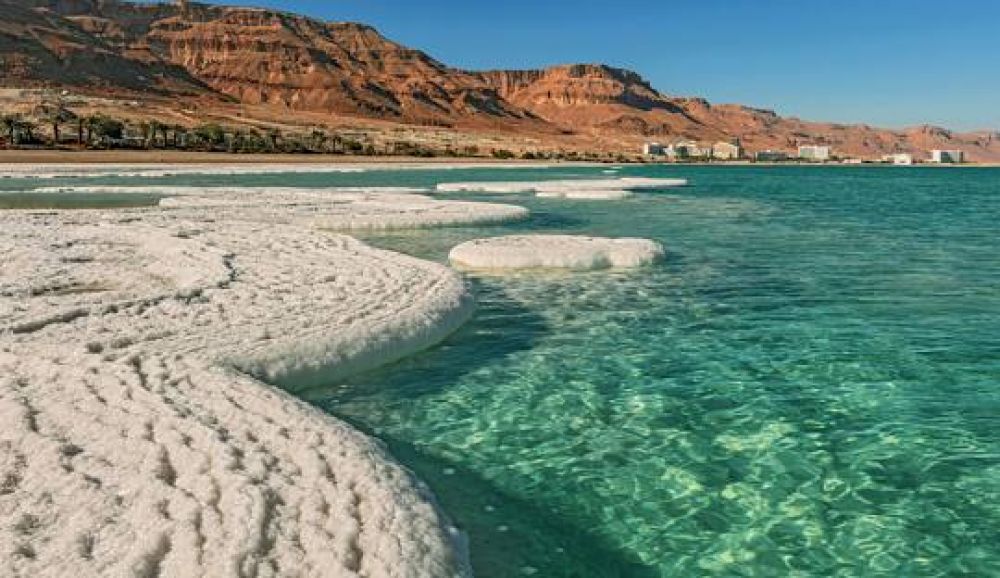

The Dead Sea, known as the "Sea of Salt," has a rich history as a place of refuge, health, and leisure that dates back to ancient times. Perched at the lowest point on Earth, more than 400 meters below sea level, this hypersaline lake has attracted visitors for thousands of years.
Biblical references denote the Dead Sea's presence in historical narratives, with its surrounding area being a site for health, agriculture, and trade. The famous story of Sodom and Gomorrah is believed by many to have taken place near its shores. Throughout the centuries, the Dead Sea's mineral-rich mud and water have been prized for their therapeutic properties.
The tourism history of the Dead Sea gained a significant boost with the emergence of health tourism. As early as the Hellenistic period, people began visiting the area for its unique climate and the reputed healing benefits of its mineral-packed waters and mud. Herod the Great, the Roman King of Judea, is believed to have been one of the first notable figures to utilize the Dead Sea for its health benefits.
In 1947, the discovery of the Dead Sea Scrolls in the nearby Qumran Caves attracted worldwide attention, marking the area as an archaeological treasure trove. This discovery brought a new wave of tourists interested in history and religion, transforming the region into a must-visit place for those fascinated by ancient civilizations and biblical history.
It was in the mid-20th century that modern tourism began to shape the Dead Sea area. The establishment of hotels, resorts, and spas on its shores marked the beginning of a tourist infrastructure aimed at providing comfort and services to international visitors. Since then, the region has seen continual development focused on sustainable tourism practices to preserve its natural and historical heritage while accommodating growing numbers of travelers.
Latest Tourism Trends
In recent years, the Dead Sea has witnessed a transformation in tourism trends, embracing eco-tourism and wellness tourism. Resorts and facilities increasingly focus on offering wellness packages that include treatments utilizing the Dead Sea's natural resources, along with promoting environmentally friendly practices. Adventure tourism is also on the rise, with activities such as hiking in the surrounding rugged terrain, canyoning in nearby wadis, and taking part in floating experiences in the Dead Sea itself.
With the alarming rate of the Dead Sea's water level dropping, conservation efforts have intensified, leading to a growing awareness among visitors about the importance of sustainable tourism. The region continues to develop new initiatives aimed at preserving this unique destination, ensuring that it will remain an attractive site for health, wellness, and heritage tourism for years to come.